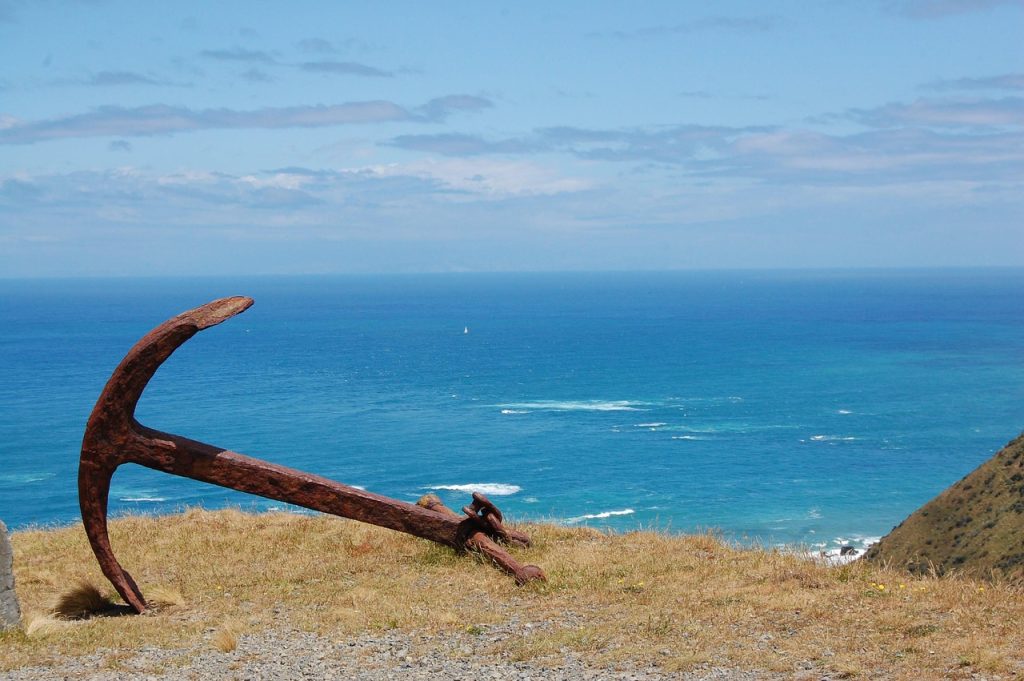Regulation
Israel announced a delay in reopening Gaza’s Rafah crossing with Egypt, initially planned for Sunday, as Israeli military actions resulted in the deaths of at least three Palestinians in southern Gaza.
According to a statement released on Thursday by COGAT, the Israeli military unit responsible for civilian matters in the occupied territory, coordination is ongoing with Egypt to set a date for reopening the Rafah crossing for people movement following necessary preparations.
COGAT stated that the Rafah crossing would remain closed to aid shipments, as the truce agreement did not include reopening it. Humanitarian supplies destined for Gaza will instead pass through the Karem Abu Salem crossing, subject to Israeli security inspections.
Italian news agency ANSA quoted Israel’s Foreign Minister Gideon Saar, indicating that the Rafah crossing might reopen on Sunday, though no further details were provided.
The crossing was initially due to open on Wednesday under the terms of the Israel-Hamas ceasefire agreement, effective from the previous week.
The Rafah crossing has historically been the only connection for Palestinians in Gaza to the outside world, not directly controlled by Israel. Last May, Israeli forces seized control of the crossing and its facilities. Israeli forces continue to maintain control across the Philadelphi Corridor.
The ongoing US-brokered ceasefire deal calls for the gradual withdrawal of Israeli forces, who currently occupy approximately 53% of Gaza, including most of Rafah, raising questions about the crossing’s future use.
Humanitarian Assistance and Infrastructure
The United Nations reported limited progress in aid deliveries to Gaza following last week’s ceasefire, emphasizing the need for large-scale assistance to address urgent humanitarian needs. Thousands of aid vehicles are required weekly to alleviate the crisis, with medical care scarce and most of the 2.2 million population displaced.
UNICEF expressed the urgent need for food and water in northern Gaza, where thousands have returned to destruction. The organization emphasized the necessity of opening multiple crossings to facilitate humanitarian aid deliveries.
Gaza’s Government Media Office highlighted the critical need for a continuous and organized inflow of aid, fuel, cooking gas, and medical supplies. The office reported that approximately 70 million tonnes of rubble and debris remain after Israel’s two-year bombardment, with impediments to removal due to restrictions on heavy machinery and materials.
Security and Violations
Israel imposed new restrictions on aid entering Gaza and postponed reopening the Rafah crossing, citing delays by Hamas in returning bodies of deceased captives. Hamas stated that additional body recoveries require access to heavy machinery and excavation equipment.
A senior Hamas official accused Israel of violating the ceasefire agreement by killing at least 24 individuals since Friday. The Gaza Health Ministry reported the arrival of 29 bodies at local hospitals, including those recovered from rubble, individuals succumbing to wounds, and new casualties from Israeli attacks.
Gaza authorities allege signs of torture on the bodies returned by Israel, including evidence of field executions and brutal torture. The Gaza media office called for an independent international inquiry to investigate these claims and hold Israeli leaders accountable for alleged war crimes.
